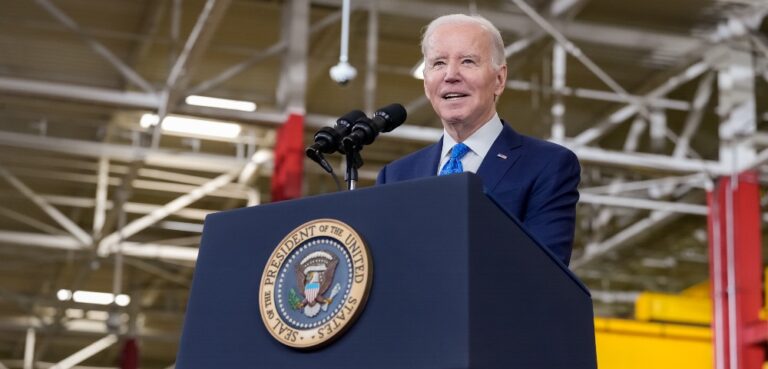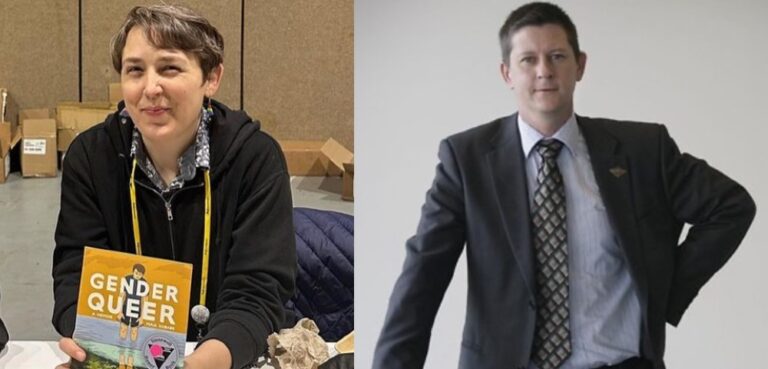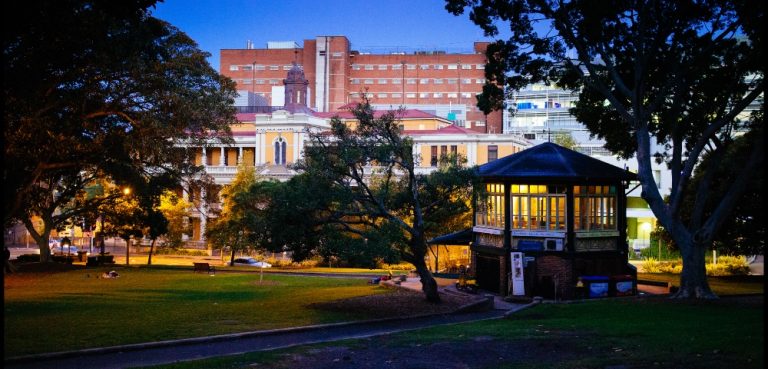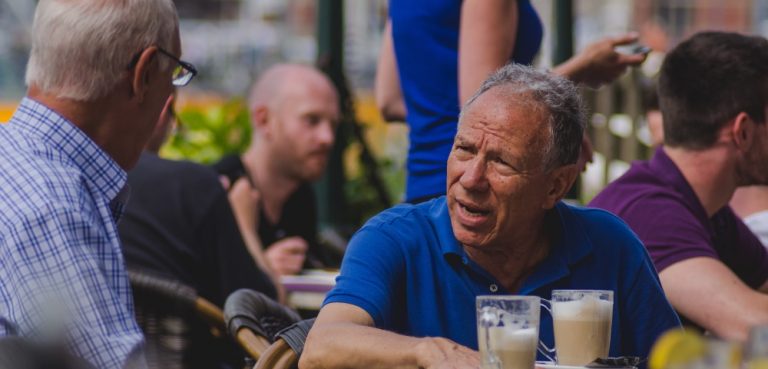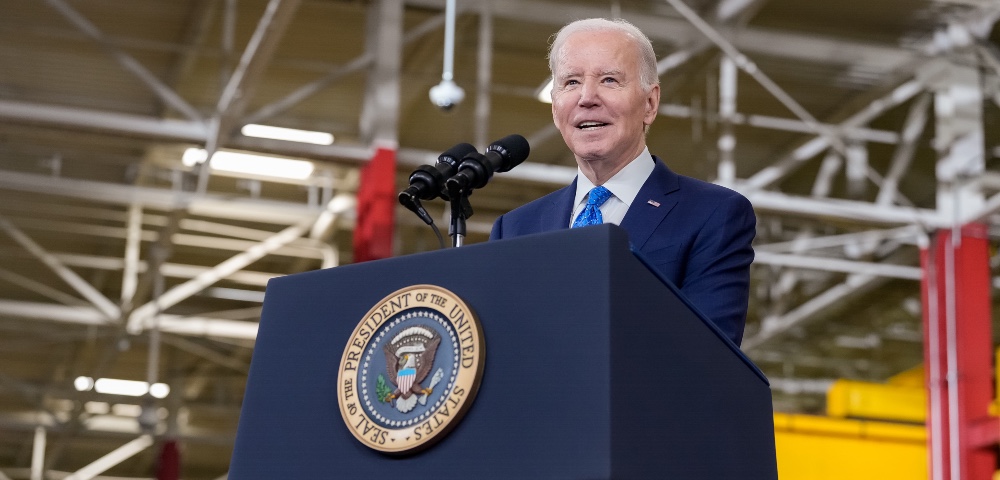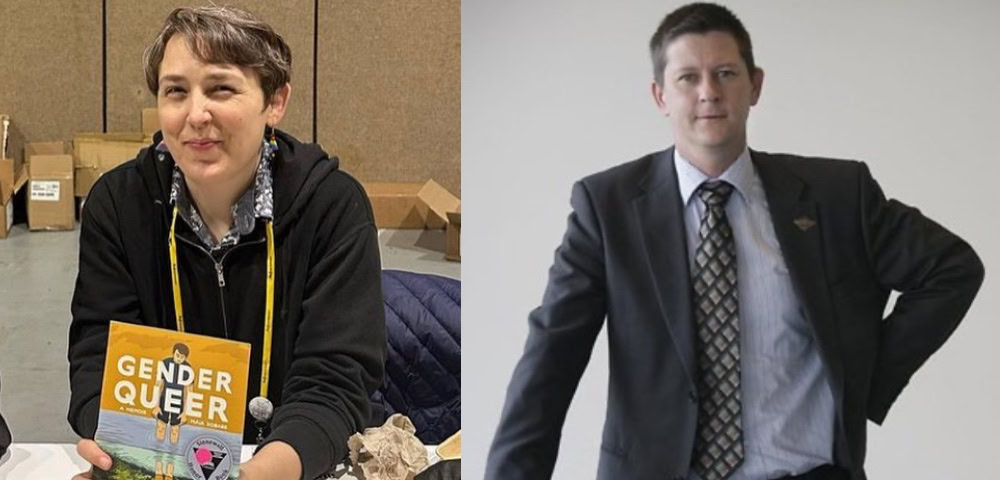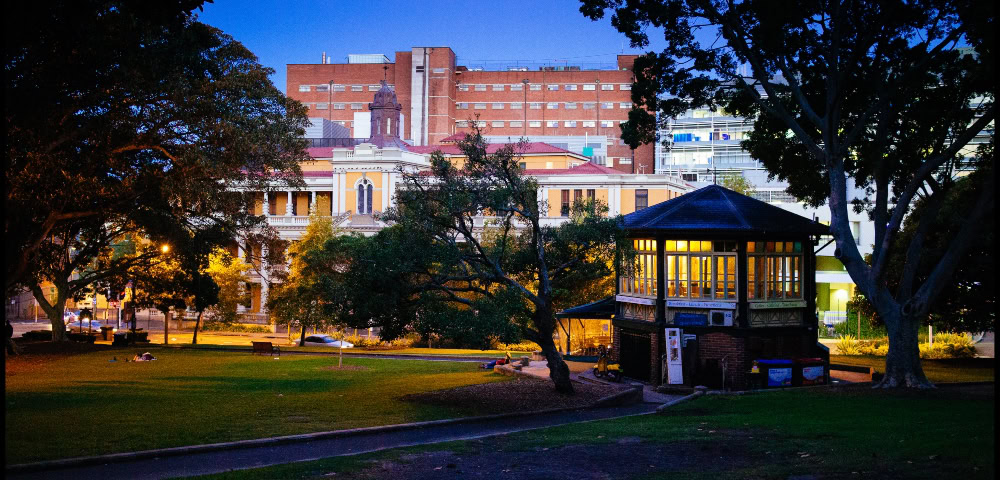
Aussies helped end DADT
The first activist to campaign full time on the issue of allowing gays to serve openly in the US military says Australians played an influential role the policy’s end.
Deputy Executive Director of the Palm Center, Christopher Neff , has been lobbying to end the US’ controversial Don’t Ask, Don’t Tell (DADT) since 2002.
He told the Star Observer Australian military personnel had been influential in changing minds on the issue, citing visits by Defence Gay & Lesbian Information Service (DEFGLIS) founder Chief Petty Officer Stuart O’Brien and retired Major General Simon Willis – a former Head of Defence Personnel in the ADF.
“It’s striking to me how large a role the Australian example has played,” said Neffs.
In 2009, O’Brien visited the US to talk about the Australian experience of letting gays and lesbians serve openly, giving interviews that saw him quoted in major newspapers and other media. Earlier this year Willis spoke before a summit put on by the Palm Centre and the Brookings Institute.
He told the summit, which featured senior military from countries that allow gays to serve openly, “the lifting of the homosexual ban in the IDF was a bit like the Y2K issue.”
“There’s a lot of bluster and screaming and yelling and plans, and everyone had an opinion about it, but it came and went … It was a non-event and it continues to be a non-event in Australia.”
Neff said the impact of Willis’ visit could be seen in the testimony given by US Chiefs of Staff in the Senate two weeks ago.
“When Admiral Roughead was asked about the impact from foreign militaries lifting their ban he said it was a ‘non-event’, then General Cartwright the Vice Chairman of the Joint Chiefs of Staff said ‘I concur that it was a non-event.’,” Neff said.
“The phrase ‘non-event’ is Willis’ comment so there was a direct connection between the evidence provided by him and the final conclusion by the Department of Defence.”
Neff said the US Senate voting to end DADT on Saturday, was a source of relief.
“I’m relieved for the service members. They’ve sacrificed, they’ve served. Its been ten years and longer for them and its been my privilege to work on their behalf – this is the most significant gay civil rights victory in American history.”
He said he expected the policy shift to have ramifications for how America recognised unmarried heterosexual couples and same-sex couples, with the US Armed Forces now expected to extend benefits to all committed relationships.
